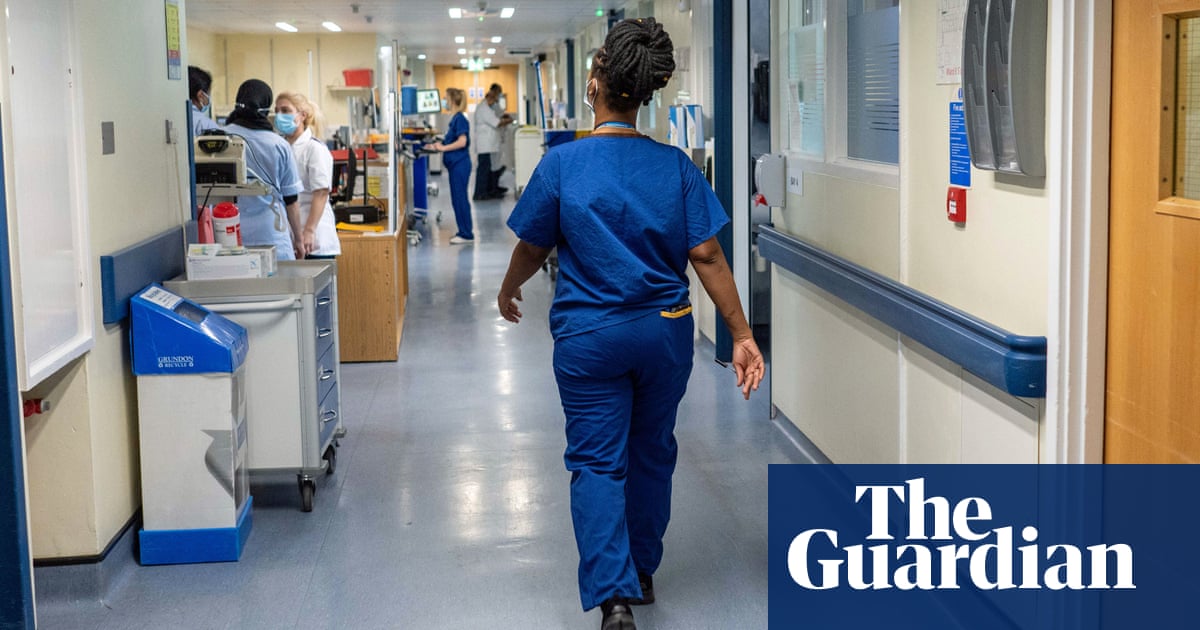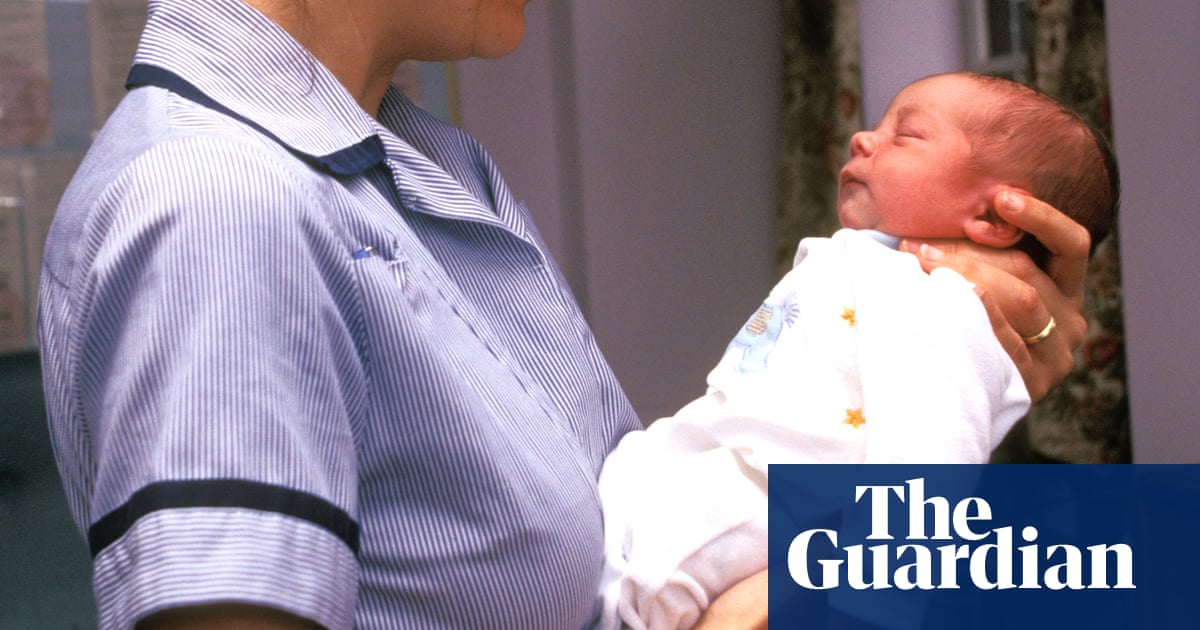
Academic staff at Wollongong University have voted overwhelmingly to support a pay cut of between 5-10% in a bid to stave off hundreds of job losses being proposed by university management to deal with the dramatic slide in revenue from international students.
More than 550 staff participated in an online meeting on Friday and supported changing their enterprise agreement, but rejected the idea of job losses.
On Thursday management outlined three options to help bridge the $90m shortfall the university says it is facing to its nearly $700m budget.
Two of the three options vary enterprise agreements by reducing pay on a sliding scale according to salary levels of between 5% and 10% for 18 months, or between 7.5% and 15% for 12 months.
Both options would also involve losing between 150 to 200 full-time equivalent positions from the university’s 2351 staff. If there are no pay cuts, the university has warned it will need to shed more than 300 jobs.
The staff support for pay cuts on Friday was on the basis that no jobs would be shed. The university is now planning to survey staff as it grapples with the massive budget hole.
The University of NSW, meanwhile, faces a $600m shortfall this year in its $2bn budget and a $450m shortfall in 2021.
It has established Taskforce 2021 to explore options, including significant restructuring of faculties, more short course offerings and tighter connections with industry as it grapples with how to address the budget crisis. Options will be presented to staff at the end of June or early July but will almost certainly require job losses.
The immediate problem facing universities is the high proportion of their budgets that are devoted to employee costs.
A study by Melbourne University academics Ian Marshman and Frank Larkins, from the Centre for the Study of Higher Education, found that across the sector, employee costs accounted for 57% of university spending.
The issue for universities is that while they have significant assets, they are mainly in buildings and they do not have liquid assets that can be realised in a downturn.
The Department of Education requires reporting on the number of weeks’ cash the universities carry to cover expenses. The 2018 report, the most recent, shows some have less than three months’ cover.
Some media outlets have highlighted the increased debt that universities have taken on in recent years as they upgraded campuses and built new facilities using the surge in income from international students.
Most universities have immediately moved to put construction plans on hold and some are looking at closing campuses.
The 2018 analysis by the department found the university sector had $6bn in borrowings, on assets of $82bn. Universities have other substantial liabilities, notably superannuation and staff entitlements.
But while debt levels have increased at many universities, they remain relatively lowly geared and some, such as Sydney University and Melbourne University, have significant future funds to support expansion.
Those universities that are rated by Standard & Poor’s – mainly Group of Eight universities – have AA or AA+ ratings.
“If one of the universities were to end up in financial stress, we assume the government would step in to bail them out,” said Anthony Walker, an analyst at S&P, told the Australian.
“The Australian universities have increased their debt at a faster rate than their UK and Canadian peers but they are still relatively lowly geared.”
In May S&P left its risk rating for Canadian and Australian universities as “stable”, but said it would keep them under review.
La Trobe University, which is not part of the Group of Eight, denied on Thursday that it was facing a crisis after it approached the major banks for a new debt facility.
“The university is in productive and ongoing discussions with its three banks for increased facilities that we believe will meet our funding requirements in the short term,” La Trobe vice-chancellor John Dewar said.












